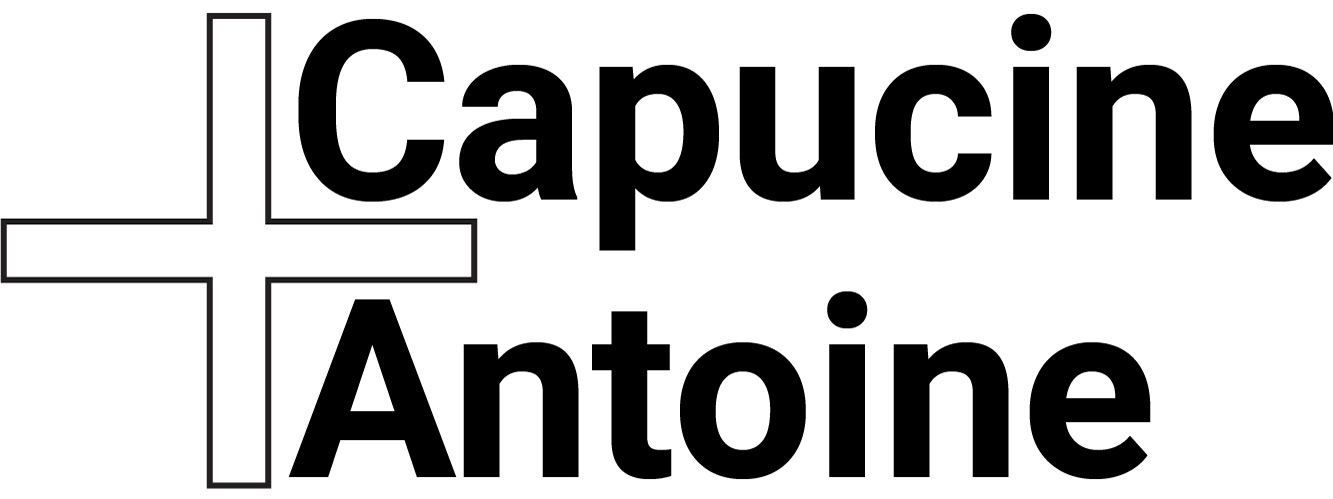We documented three participatory housing projects in Maine-et-Loire. These shared housing communities bring together families who chose to build their homes and shared spaces collectively. They engaged in a co-construction process, which ultimately strengthened their relationships as neighbors. These forms of housing promote horizontal urban planning, aiming to address some of the social and ecological issues caused by traditionally vertical planning approaches.
Starting with the idea of visually exploring the boundary between the intimate and the communal within these citizen-led constructions, we focused our gaze on these shared spaces. These different ways of inhabiting space shape collective identities capable of fostering new urban imaginaries. Built through encounters with the residents, the photographs attempt to illustrate the collective organization of each space and immerse themselves in the group's world. The series includes polyptychs created directly on photographic film. Both challenging and playful, this technique allows us to perceive the spaces we photograph in a different way, creating multiple-image compositions that convey a dynamic human vision.
This series of photographs was created as part of the photographic grant from the Mécène-et-Loire Foundation, in partnership with the Museums of Angers, 2021.
For a Different Way of Living
Consisting of seventeen apartments located in the Lac de Maine district, this housing project emerged in the 1980s from the meeting of a group of people eligible for social housing. Architect Jacques Lévy, eager to collaborate on a social experiment, co-designed the complex alongside the residents. Most of the apartments have since been resold to their occupants, but the co-ownership has always remained collectively managed.
Ecolodo
Wishing to create an ecological housing project in a rural area, the residents of Ecolodo were able to acquire a plot of land that had been frozen by the Pellouailles-les-Vignes municipality. Architects Rudy Château and Sylvain Houpert designed the structure of this bioclimatic housing project, enabling the seven founding families to build a significant part of their homes themselves, along with shared spaces such as the common room, laundry, and attic.
Les Prés Eco-District
Led by a group of citizens committed to creating an ecological housing project accessible to all and well-connected by public transport, the participatory housing community Les Prés was inaugurated in 2013 in the Hauts-de-Saint-Aubin district of Angers. The project combined sixteen owner-occupied homes with seven social housing units. The citizen initiators of the project enlisted architects Emmanuelle L'Huillier and Clément Faure, along with thermal engineer Nicolas Desvignes, to design a bioclimatic architecture.

